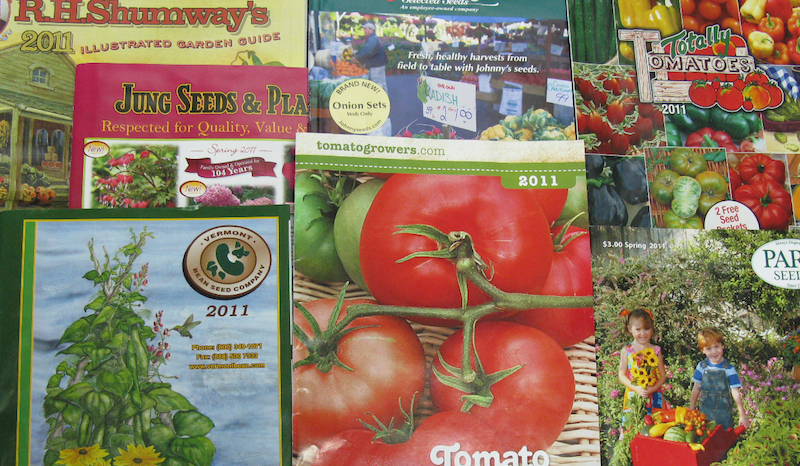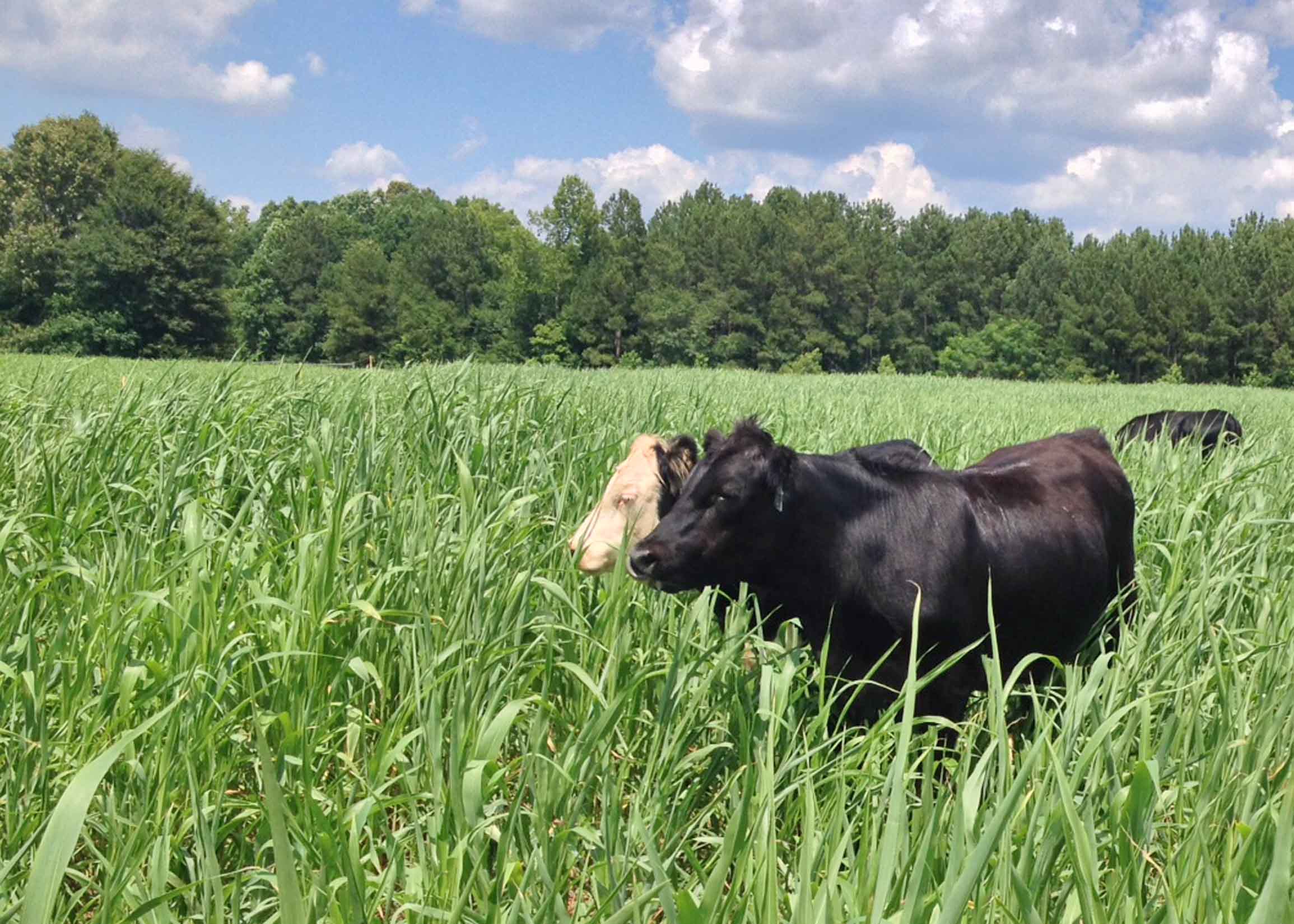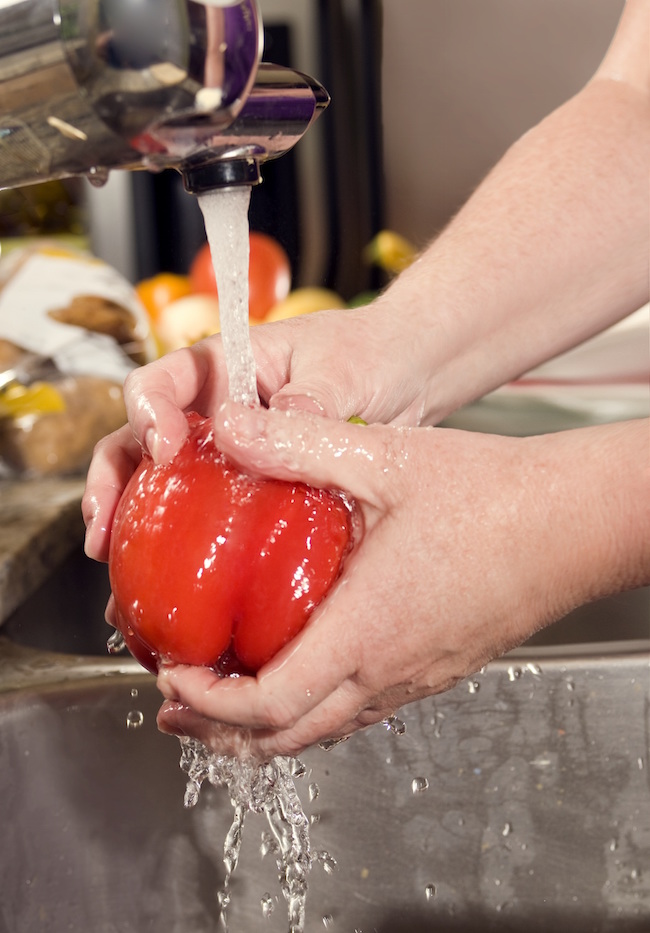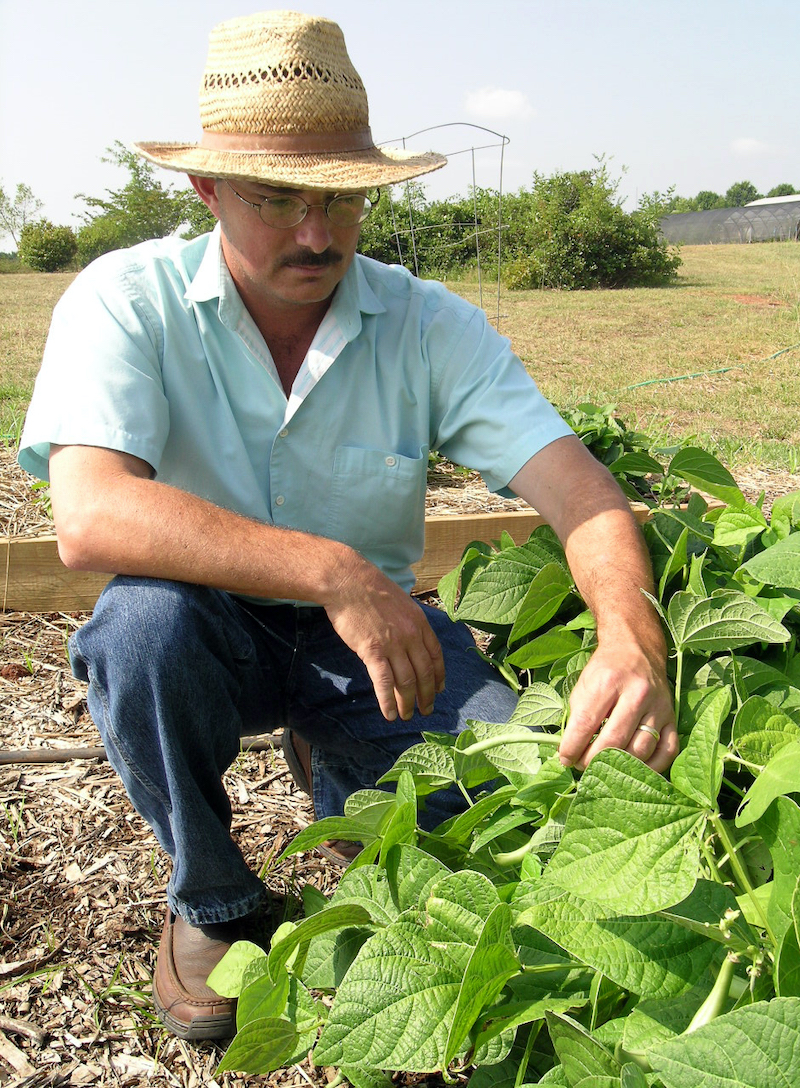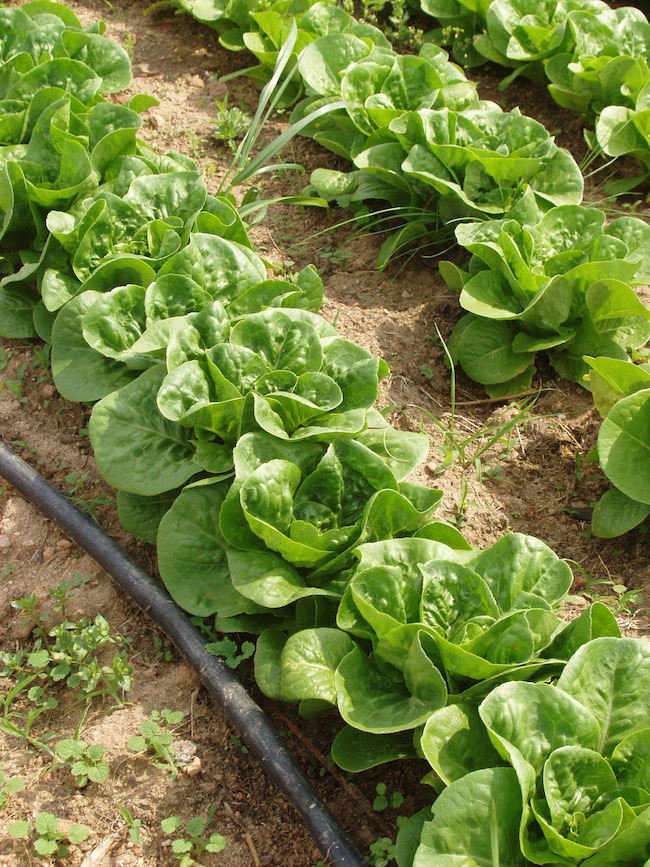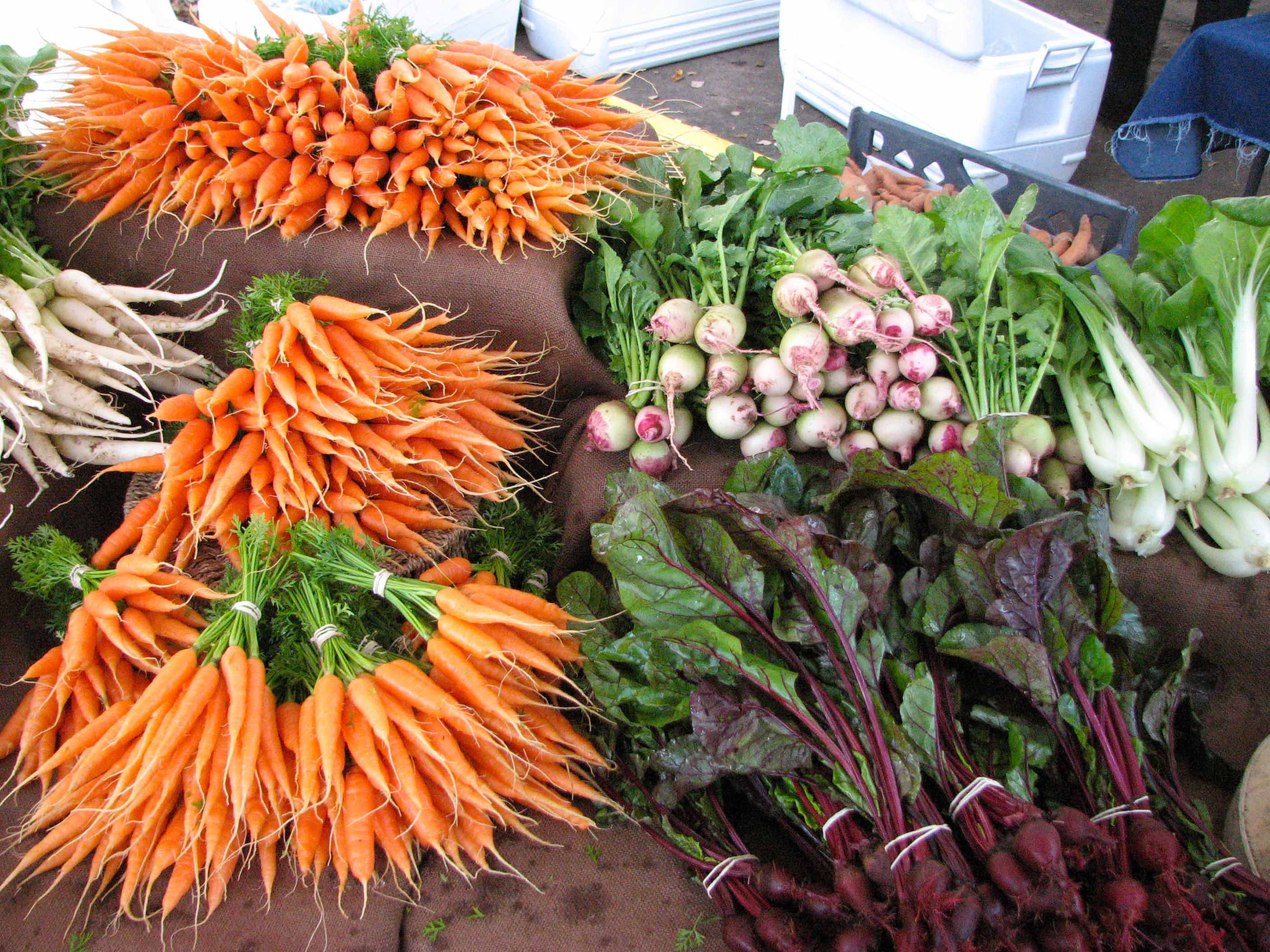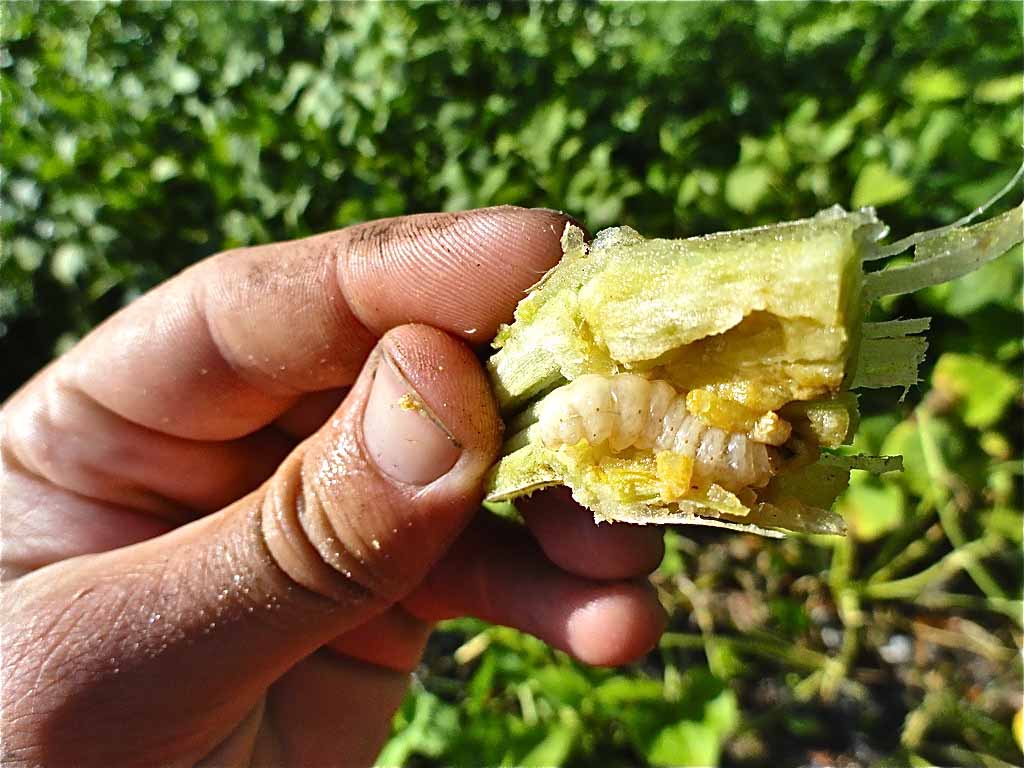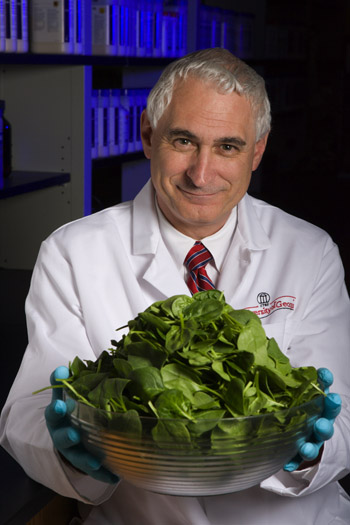 CAES News
CAES News
Produce and Pathogens
Mike Doyle doesn’t eat raw bean sprouts, medium-rare hamburgers or bagged salads. He isn’t on a special diet, but as director of the University of Georgia Center for Food Safety in Griffin, Georgia, he studies the food pathogens that sicken thousands of Americans each year. For a time, foodborne illness was most often connected with undercooked meats; today, 33 percent of cases are tracked back to raw produce.

